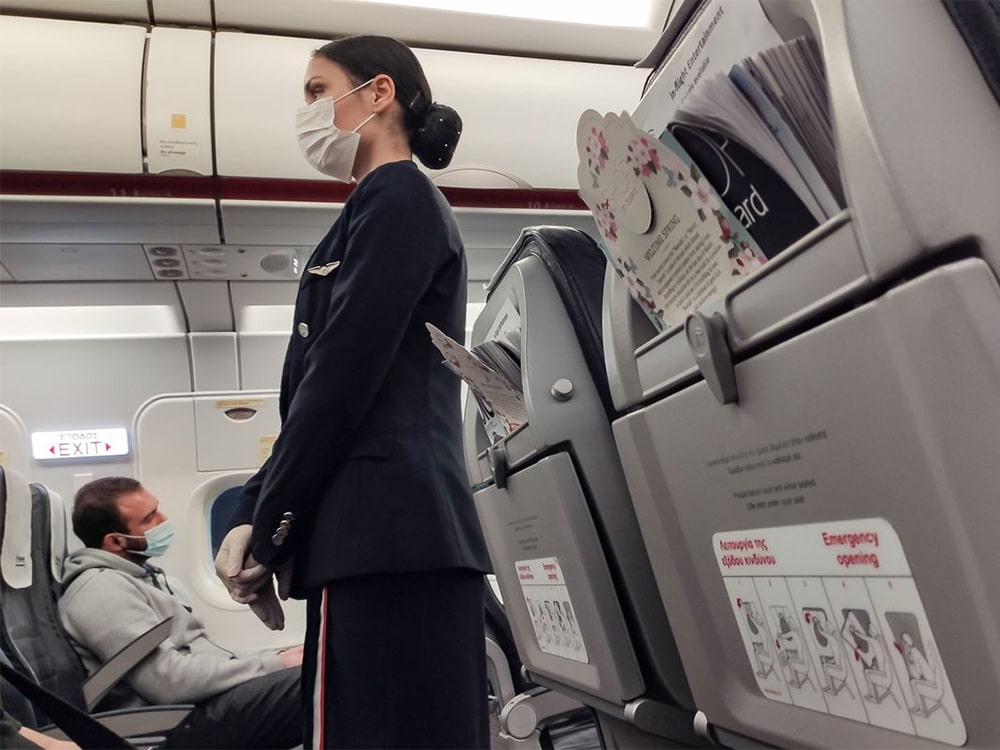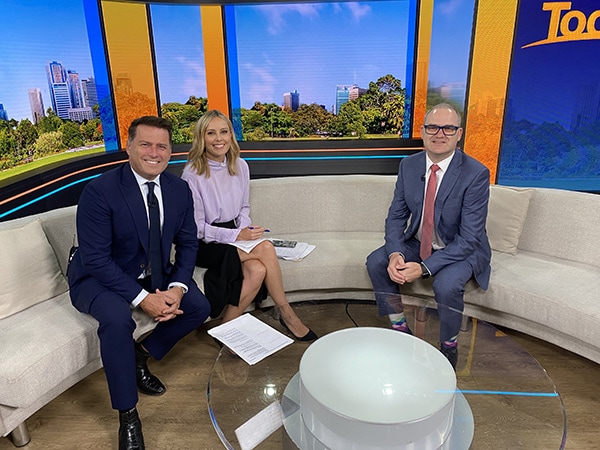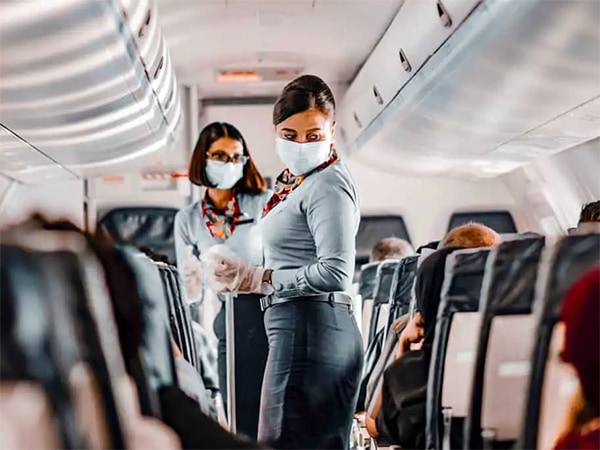05 August 2021
![]() 5 mins Read
5 mins Read

It’s no secret that the ongoing COVID-19 pandemic continues to wreak havoc on our travel plans. Even in Australia, where we have enjoyed the benefits of low transmission rates and safe domestic travel options, booking a holiday or a trip to visit loved ones doesn’t guarantee you will get to travel as planned. We’ve all bared witness to how quickly an outbreak can lead to a snap lockdown, border closure, flight cancellation and holiday postponement. It can be full of disappointment.
The vaccine is the light at the end of this tunnel, but how do we confidently make travel plans as we wait for the vaccination program to pick up the pace? Well, there are a few key tips to follow and questions to ask before you book. We asked travel expert and Australian Traveller Media’s Managing Director Quentin Long for his advice.

Quentin Long talks travel on The Today Show
According to Quentin Long, one of the best ways to retain some sense of assurance when you book a trip is to book through a travel agent.
At this stage in the pandemic, travel agents are actually so well versed in the complicated booking, refund and credit process that they can grant you that added sense of security if an outbreak impacts your holiday.
They can advise you on all the various terms and conditions, so you are fully aware of any risks; work on a plan b should something happen; and manage the entire cancellation process for you if it should happen . “Just be transparent about their service fee and commission,” says Quentin. “Outline your expectations for how they should handle everything if there is a problem.”
Even in a post-vaccinated world, COVID-19 will continue to impact our travel plans to a degree. And it is likely that travellers will bear the brunt of any booking-related risks. This is what makes reading the fine print extremely important.
“It’s all about being really clear on the details,” says Quentin. The terms and conditions (T&Cs) act as the legal contract between you and the provider – the stuff that can be used against you when assessing your eligibility for refunds and credits. “When reading, ask yourself: when can I cancel, and for what percentage of a refund, credit or loss?”
Before you book anything, understand how the T&Cs will apply to you in different circumstances. Look for things like:

Wearing a mask can now be a term and condition of travelling.
According to the Australian Competition and Consumer Commission (ACCC), the terms of the individual booking determines whether consumers are entitled to a refund for travel booking cancellations. As outlined above, the T&Cs will vary between providers, and in many cases, you will be given a credit note to rebook rather than a refund for a cancelled booking.
In these circumstances, Quentin recommends you read the fine print of your credits. “Understand when you need to book and travel to use the credit,” he says. This may sound simple enough, but there have been plenty of examples of travellers who were unaware of a credit’s expiry date or the stipulations to which the credit has to be upheld.
“The credit system has changed a lot in the last 18 months and there are still some vagaries,” he adds. Understanding your individual booking stipulations from the outset is the best way to prepare yourself for any potential hiccups along the way.
Both travellers and providers have certain roles and responsibilities in responding to any COVID-19 disruptions. Communicating with your supplier ahead of time helps to alleviate some of these concerns and offers a sense of assurance from being able to put a face (or voice) to the name.
“Accommodation providers are known to be more lenient than their strict terms and conditions,” says Quentin. “They may be able to waive a strict interpretation of the fine print based on your individual circumstances.”
Accommodation is one example, yes, but other providers – like adventure experiences, food and wine operators, transport – also bear the brunt of cancellations. Getting on the phone can go a long way to eliminate the traditional iron-clad processes that may otherwise be in place. If you affirm that you love the operator and are keen to get back once things return to ‘normal’ then they may be more likely to come to an agreement that suits both of you. At the end of the day, we’re all navigating this together.
LEAVE YOUR COMMENT